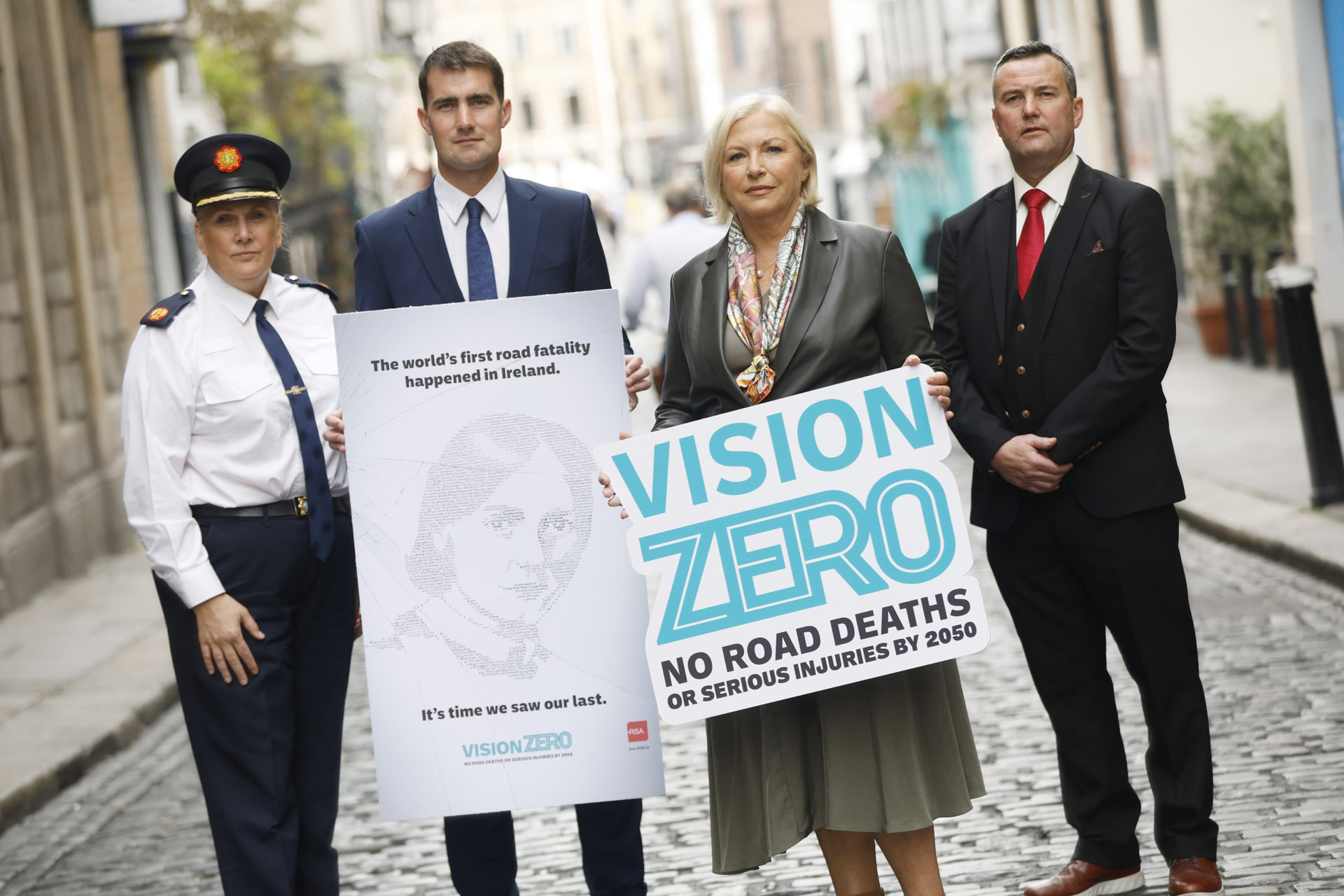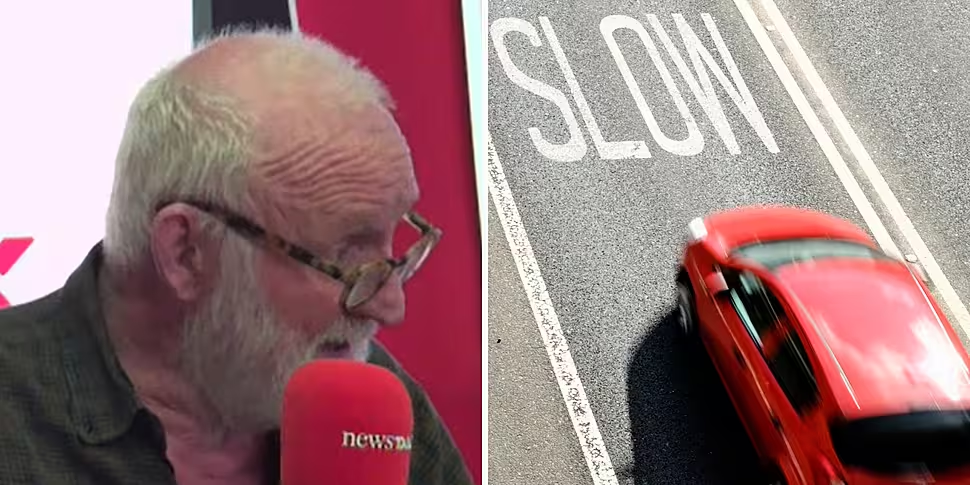Reducing speed limits on roads affects 'the totality of people for the sins of a few'.
Conor Skehan was speaking as the Road Safety Authority (RSA) launched its 'Vision Zero' campaign to see no road deaths or serious injuries by 2050.
Mr Skehan, columnist with the Sunday Independent, told The Hard Shoulder the RSA should be focusing on pedestrians.
"Feelings are a fact and the losses around a fatal road traffic accident, or one where somebody's injured for life, are incredibly serious and incredibly tragic," he said.
"So, we've to be so sensitive and so careful when we're talking about this issue.
"At the same time we've to be very careful to make sure that we're looking at true facts.
"The headlines suggested there was an increase in road accidents, but when you drilled into it it turns out there was a decrease in people dying in cars and passengers - and a very significant increase, a doubling, of pedestrian deaths.
"That leads me to think that it might be smarter to put a bit more of the €80 million - or whatever it is that the Road Safety Authority spend - into looking at what pedestrians are doing and how they might behave themselves in ways that would be less dangerous.
"The Government's idea of reducing the road speeds is again another distraction away from where it appears the real issues lie."
 Assistant Garda Commissioner Paula Hillman, Minister of State at the Department of Transport Jack Chambers, RSA chairperson Liz O'Donnell and RSA CEO Sam Waide at the launch of the 'Vision Zero' in Dublin city centre. Image: Julien Behal Photography
Assistant Garda Commissioner Paula Hillman, Minister of State at the Department of Transport Jack Chambers, RSA chairperson Liz O'Donnell and RSA CEO Sam Waide at the launch of the 'Vision Zero' in Dublin city centre. Image: Julien Behal PhotographyMr Skehan said the argument for reducing road speeds to keep pedestrians safer has to be given more context.
"The increases have to be put into context of the safety of driving at certain speeds on certain types of roads," he said.
Mr Skehan used to design roads in the US and said there are several factors.
"The width of the road, the length of the sidelines, the speed vehicles are travelling at are all things that contribute toward a rating," he explained.
"So, for that reason different roads have different speeds that depend on the safety of so doing."
'Reasonable behaviour'
Mr Skehan said Ireland could also learn from other countries.
"Germany have very few speed limits; their law is about reasonable behaviour," he said.
"Reasonable behaviour expects the driver to take account of the type of road, the weather conditions, whether it's day or night.
"Your prosecution, and indeed your success in getting insurance money afterwards, will depend very heavily on whether you were driving in a reasonable way.
"That can of course be enforced these days because [of] the things that track our speed on the road, for telling whether there's going to be congestion, can also be used it identify a car that is persistently driving too fast.
"The insurance sector, and the Gardaí themselves, have the ability to start to preemptively move against people as individuals.
"The danger with speed limits is that they affect the totality of people for the sins of a few," he added.
Listen back here:









